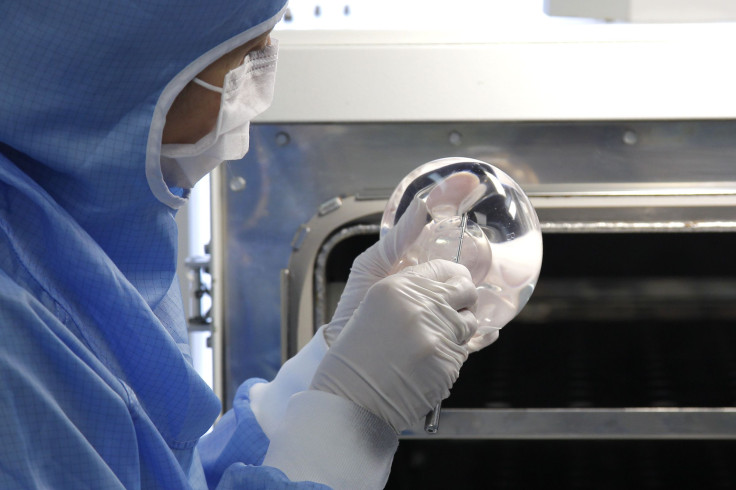
When we think of Venezuelan women, we think of gorgeous, sexy, very attractive women who are always looking their best, dressed to the nines and turning heads everywhere they go. Yes, Venezuelans have a reputation of being obsessed with beauty, and they sure have made a name for themselves with seven Miss Universe titles, including the current queen, María Gabriela Isler, and 21 international beauty pageant titles, seven more than the next runner-up, the United State; proving that in a country where toilet paper has become a luxury, being beautiful is a basic need.
But that has changed quickly thanks to the restrictive currency controls the government has imposed, which have deprived local businesses of the cash to import foreign goods, including a very valuable source of most women’s gorgeous bodies: breast implants. "The women are complaining," Ramón Zapata, president of the Society of Plastic Surgeons, told AP. "Venezuelan women are very concerned with their self-esteem." Venezuelans once had easy access to implants approved by the U.S. Food and Drug Administration. But given all the restrictions, it’s become impossible.
Daniela Holmes, a Caracas native, explained to The Daily Beast that breast implants have "almost become like a cultural thing. It is like a rite of passage." She added, "It’s our version of a bat mitzvah. You’re a woman, you get fake boobs now." Surgeon Daniel Slobodianik explained, "It's a culture of 'I want to be more beautiful than you.' That's why even people who live in the slums get implants." The doctor used to perform several breast implants every week, but if he’s able to do two a month, that’s a lot these days.
He revealed that women call his office asking for the implant size they’re looking for, and when they can’t find it, they choose the second-best option, which is almost always a size up. However, there’s another option, which doctors don’t really recommend based on the quality. We’re talking about Chinese implants. Since China is Venezuela’s main trading partner, their goods are given priority for import. Their implants are a lot cheaper compared to Europeans, which can cost as much as $600 (according to AP, that’s about the same as the annual minimum wage in Venezuela), and the Chinese cost around $200, but they’re not subjected to government inspection or clinical studies.
"I'm not saying they're not safe, but I've removed more than a few ruptured Chinese implants. I just don't feel comfortable with them," Slobodianik said. According to the International Society of Aesthetic Plastic Surgery, last year doctors performed 85,000 implants in Venezuela, surpassed by the US, Brazil, Mexico and Germany, all countries with significantly larger populations.
© 2025 Latin Times. All rights reserved. Do not reproduce without permission.





